Soren Johnson was once the lead designer of Civilization IV, a game that has been considered by many fans as one of the best titles in the entire franchise. Since then, he and the team at Mohawk Games have created the well-regarded Offworld Trading Company. Now, they’re bringing their latest offering — Old World — a 4X strategy title with narrative-driven gameplay by way of event choices. Think of it as Civilization meets Crusader Kings.
Meeting ancient rulers and ancient families
Old World currently features seven nations to choose from. Each one is led by a historical or legendary ruler (Cyrus the Great of Persia and Hatshepsut of Egypt, for example). In true Civilization fashion, these leaders bring with them unique units, buildings (such as shrines to their pantheon of gods), and starting techs. Where they also differ is how they settle new cities.
In Old World, it’s not enough that you’re churning out settlers to establish additional settlements. These will have to be assigned to four different families that provide you with various bonuses. For instance, here are some bonuses from families when playing as Carthage:
- Barcid (champions) – boosts to military training; focuses on unit promotion and city defense.
- Magonid (artisans) – boosts to culture and increased output for mines and lumber mills; free worker in new Magonid cities.
- Hannonid (traders) – boosts to gold-generation; unlocks caravans; free Great Merchant courtier.
- Didonian (sages) – boosts to civics and research; unlocks inquiry project.
This also presents a balancing act. You can’t dedicate all cities to a single family because the rest will become unhappy. Similarly, you don’t want to choose families that might not provide you with the bonuses you need at a given time.
You also can’t plop down cities everywhere. You’ll have to find suitable locations marked on your map as these are the only spots that allow your settlers to found new cities.
Civilization with command points: Order in the court
Old World will tend to remind you of the Civilization titles through its use of hexes and traditional 4X gameplay. You’re going to be exploring the world, expanding your cities, exploiting resources, and exterminating your rivals. But, another major difference is that you need to take note of orders.
Think of orders as something akin to action points or command points in turn-based tactical strategy games. You have a limited number of orders per turn which means you’re only allowed to take a select few actions with units (i.e., attacking, moving, constructing improvements like quarries, roads, or mines). An exception to this would be your cities’ queues for unit recruitment, buildings, and projects as these won’t require orders at all. Once you run out of orders, you’ll have nothing left to do but end your turn.
Speaking of improvements, Civilization VI players will notice that these features — like amphitheaters in urban areas to wonders like the Apadana and Hanging Gardens — are all built on hexes. In turn, some of these buildings help expand your city’s borders like a mini-culture bomb of sorts.
With regard to moving and attacking, these also follow the conventional rules of Civilization titles. Melee units can only attack up close; ranged units like slingers and archers can attack from two to three hexes away. Likewise, units can be promoted using your training points so they gain additional perks. Similarly, you can assign your ruler and any character in your court to become a general. Attaching them to a unit also confers extra buffs such as an increased attack, defense, or certain abilities.
From the early-game onwards, you’ll be facing barbarians (who are always hostile) and settled tribes. The aforementioned nations will also pose a challenge depending on your game settings.
Crusader Kings style: Events galore
Going beyond the Civilization franchise comparisons, Old World also takes a page out of another hit: Crusader Kings. Fans of Paradox’s grand strategy title will be familiar character-driven or narrative-driven progression given the events and decisions you’ll have to make, and Old World has a lot of these.
Some events and decisions will pertain to your family such as choosing a suitable partner or tutoring your heir. Others, meanwhile, affect diplomacy such as provoking hostilities with other tribes or sending gifts to rulers that you’ve met.
You’ll be treated to varying results such as gaining new traits for your ruler, or your relationships changing with your courtiers or family members. There are also some event chains such as bringing an exotic pet who’d cause a ruckus in your capital only to provide resource bonuses in the end.
Some will need you to meet requirements (such as having the “Brave” or “Inspiring” traits), while others might be completely random. For instance, I’ve played as Dido and Philip, and both experienced the deaths of their younger children (Dido’s child was even assassinated).
New systems, old misgivings
Old World has a lot to offer for new and old fans of the 4X strategy genre. And I do think it’ll entice veterans of both the Civilization and Crusader Kings franchises. However, there are some noticeable issues.
First, the order system severely limits player options since this exists on top of limited movement points and attacks for your units (like in other 4X titles, you can only attack once per turn). It’s an unnecessary gimmick that doesn’t mesh well with the genre.
Second, the game needs a lot of improvements with its tutorial and UI systems. For example, you’ll have events that increase legitimacy, and that led me to ask myself what the hell legitimacy is supposed to do. There are also a number of concepts and mechanics that aren’t fully explained, and even Old World‘s “OldWorld-opedia” (yes, I do hope this term catches on) doesn’t have a search box to help you out. Likewise, some tooltips (assassination, imprison, and buffs as a general) are extremely hard to see even if the UI is scaled properly.
Other features in Old World, for now, feel like fluff — unnecessary distractions that are tacked on. Similar to Crusader Kings and other grand strategy games like Europa Universalis and Stellaris, you’ve got laws that govern your faction. Unfortunately, I’ve hardly bothered with this mechanic since the default options are either good enough, or events already led me down a path that’s preferable.
We can also add research and tech to this. Unlike Civilization games that have a broad tech tree, Old World only has a select few to choose from and these are presented randomly like a deck of cards. Though you’re allowed to “reshuffle” your “research deck” to find one that you want, it just seems like an odd mechanic to have as opposed to a more straightforward approach.
Lastly, one also has to make note of the ambitions system. Fulfilling these will lead you to victory in Old World‘s campaign. Sadly, they can be random just like techs. For starters, you might be asked to choose between establishing four cities or defeating five units. These are easy enough to do. Next up, you could either gather 400 stone resources, build five amphitheaters, or amass 2,000 civics points. Now, if you replayed as a different nation, the same requirements might not apply once you reach that point. Again, I’m favoring a slightly more straightforward approach in achieving these goals as opposed to random pop-ups of objectives.
Old World, promising start
In spite of these misgivings, I do think Old World will become a very engaging title in the long run. I started playing the game in the afternoon and, by the time I closed it, I realized that it was already early morning. Even at this stage, it already has that “one more turn” feel that Soren Johnson and the team at Mohawk Games are aiming for.
I can only hope that we see a more polished and fine-tuned product as the game continues its development during early access. With the help of more players and increased feedback, Old World just might open up a new world in the 4X strategy genre.

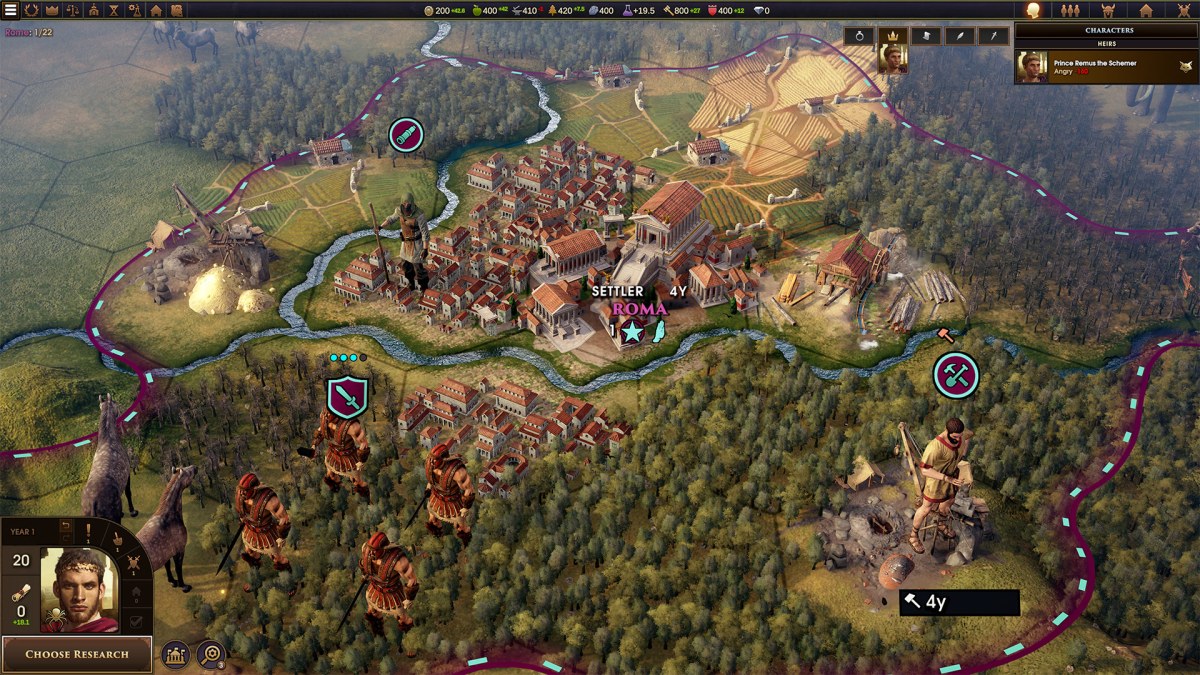
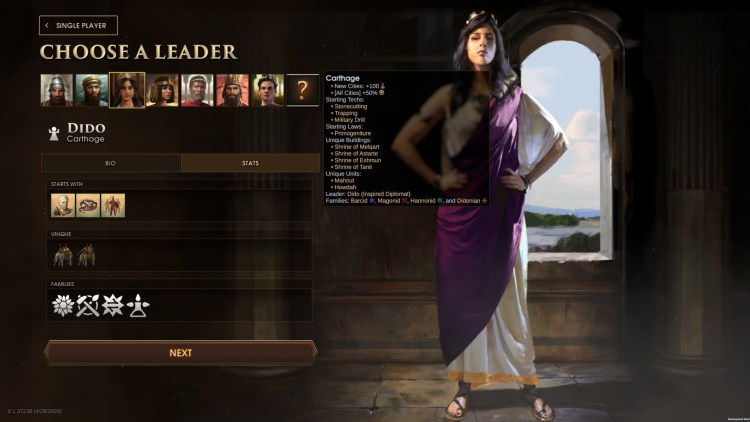
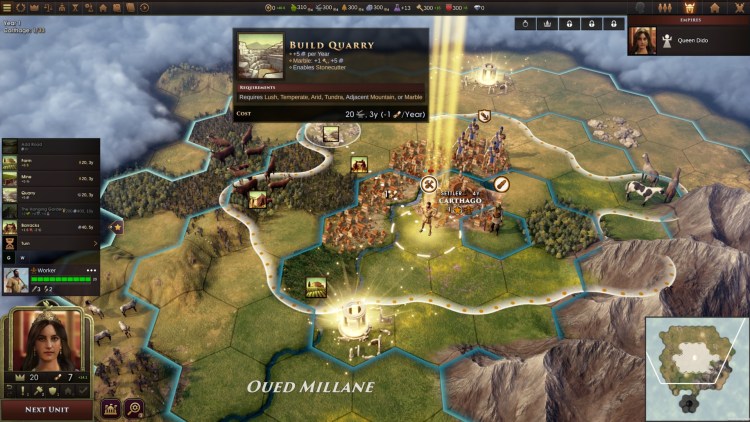
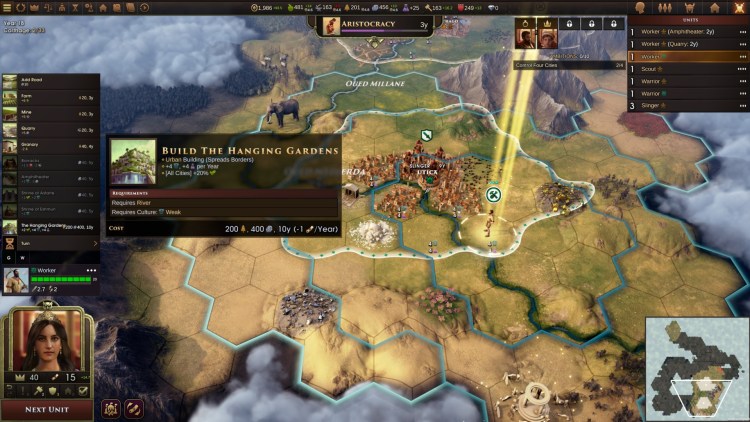
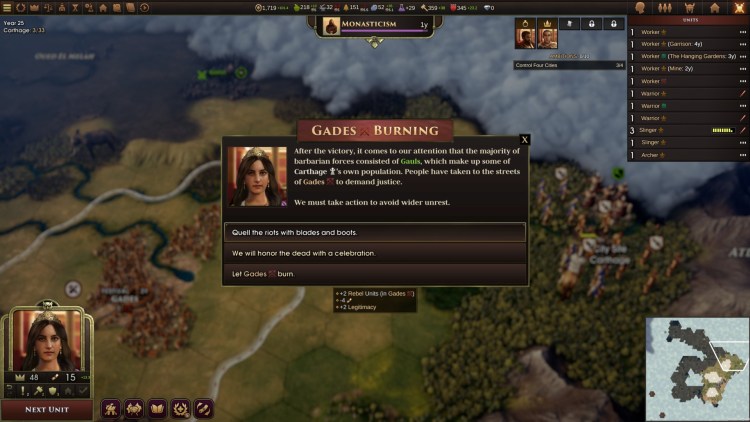
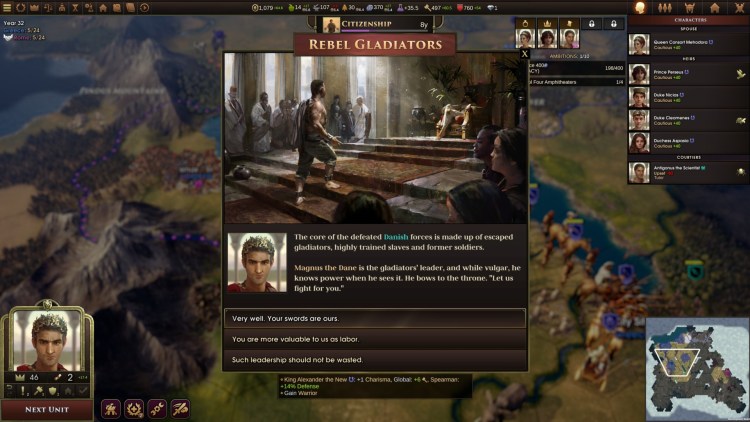
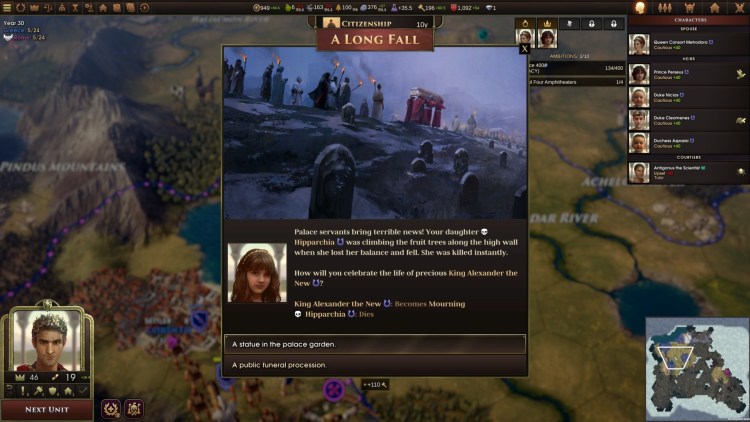
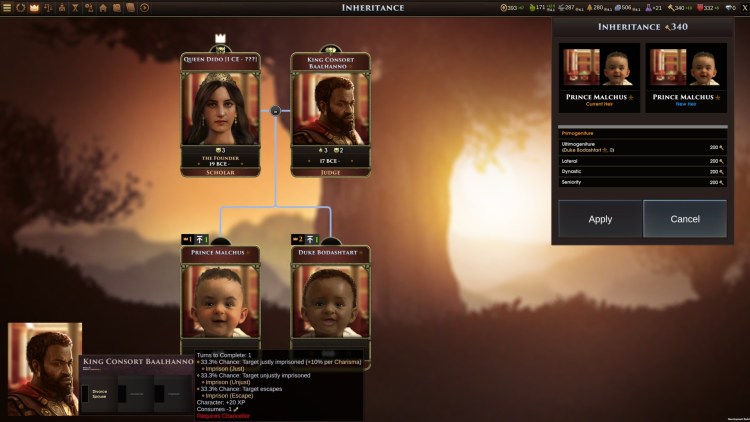
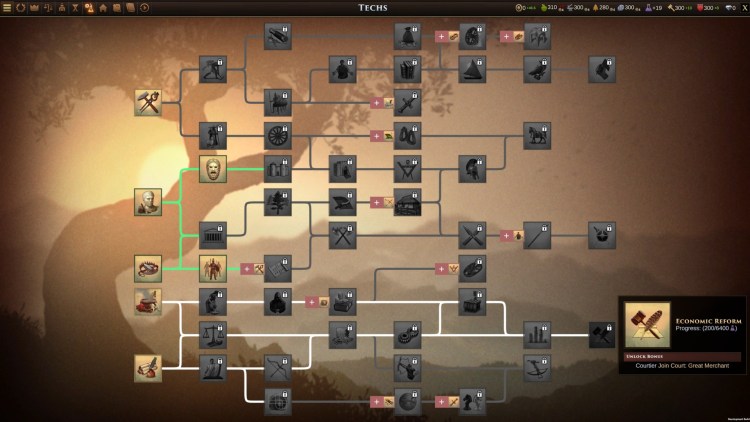
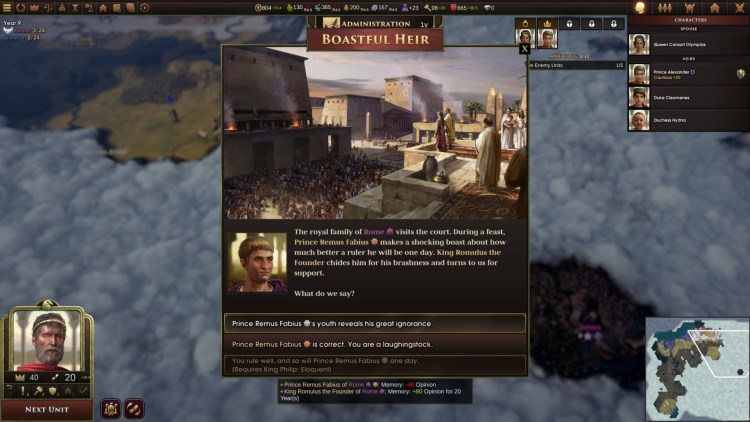
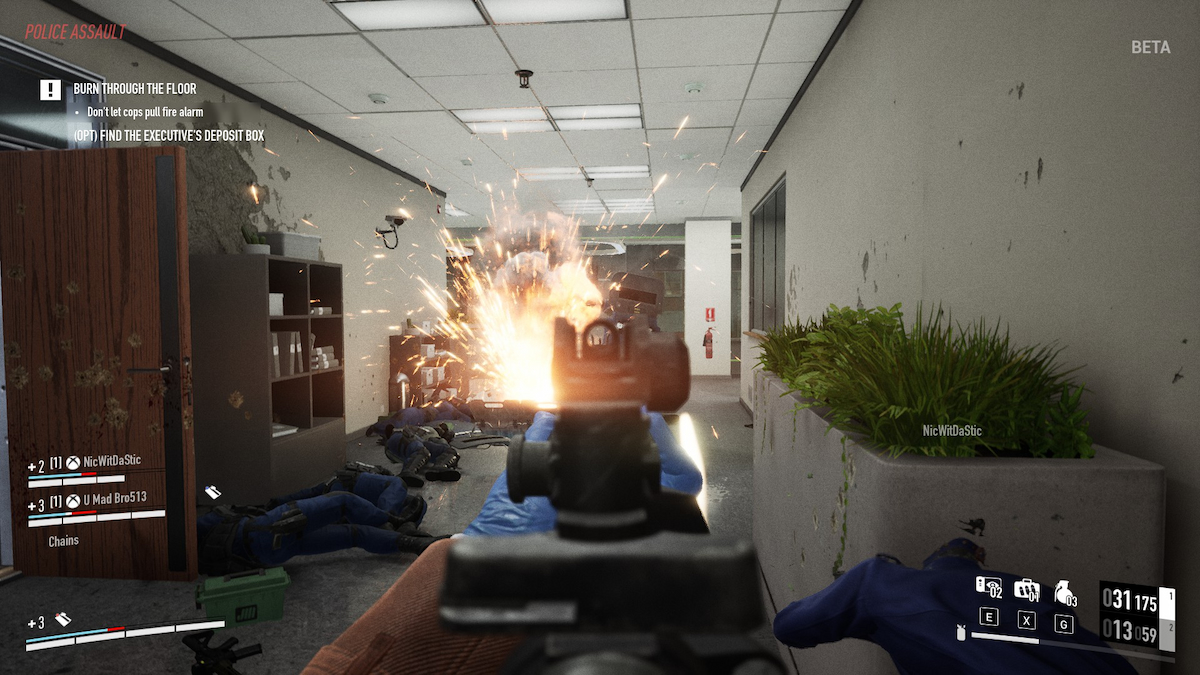
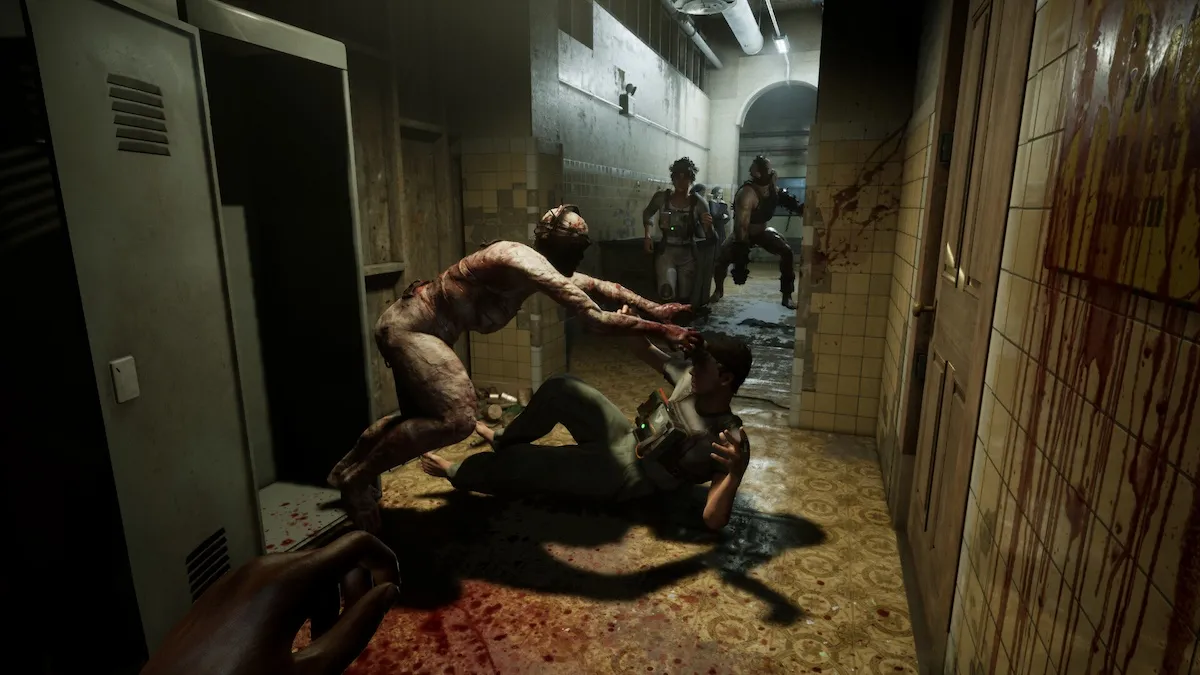
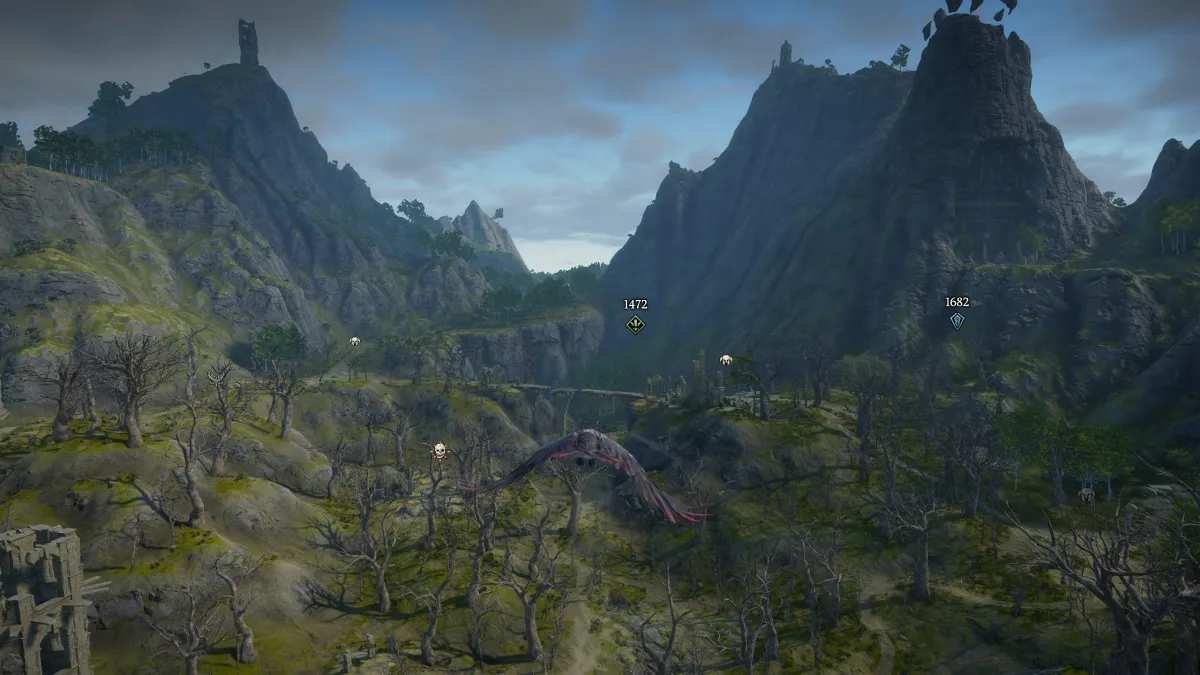
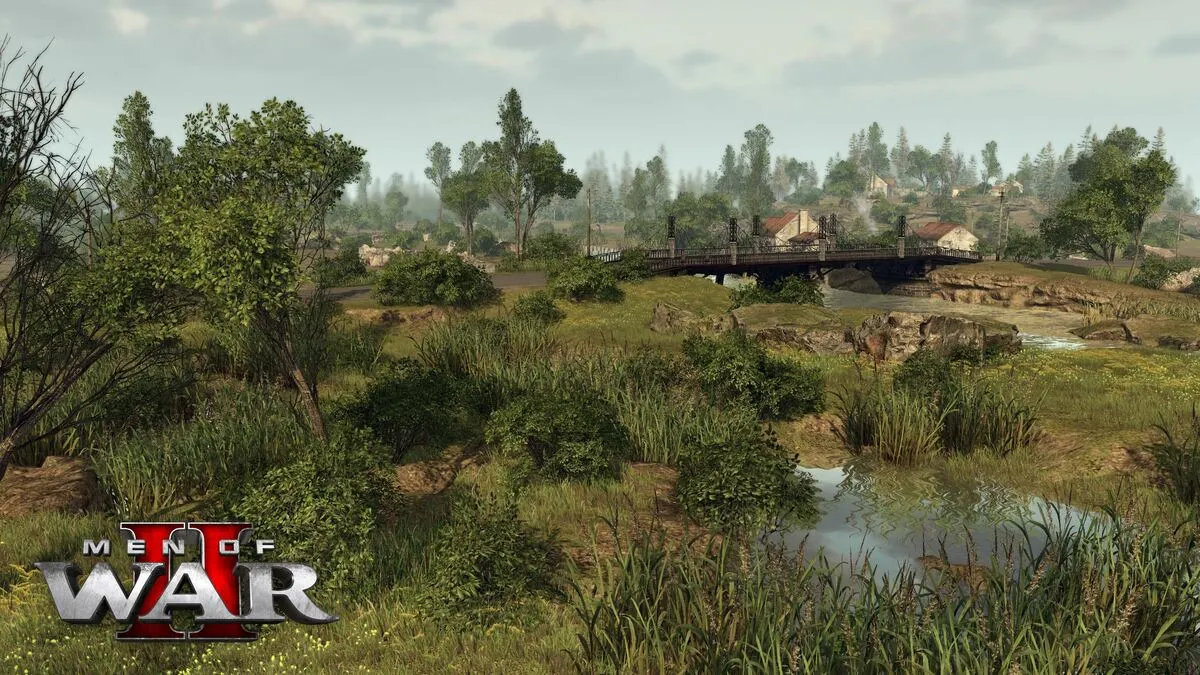

Published: May 1, 2020 07:00 pm